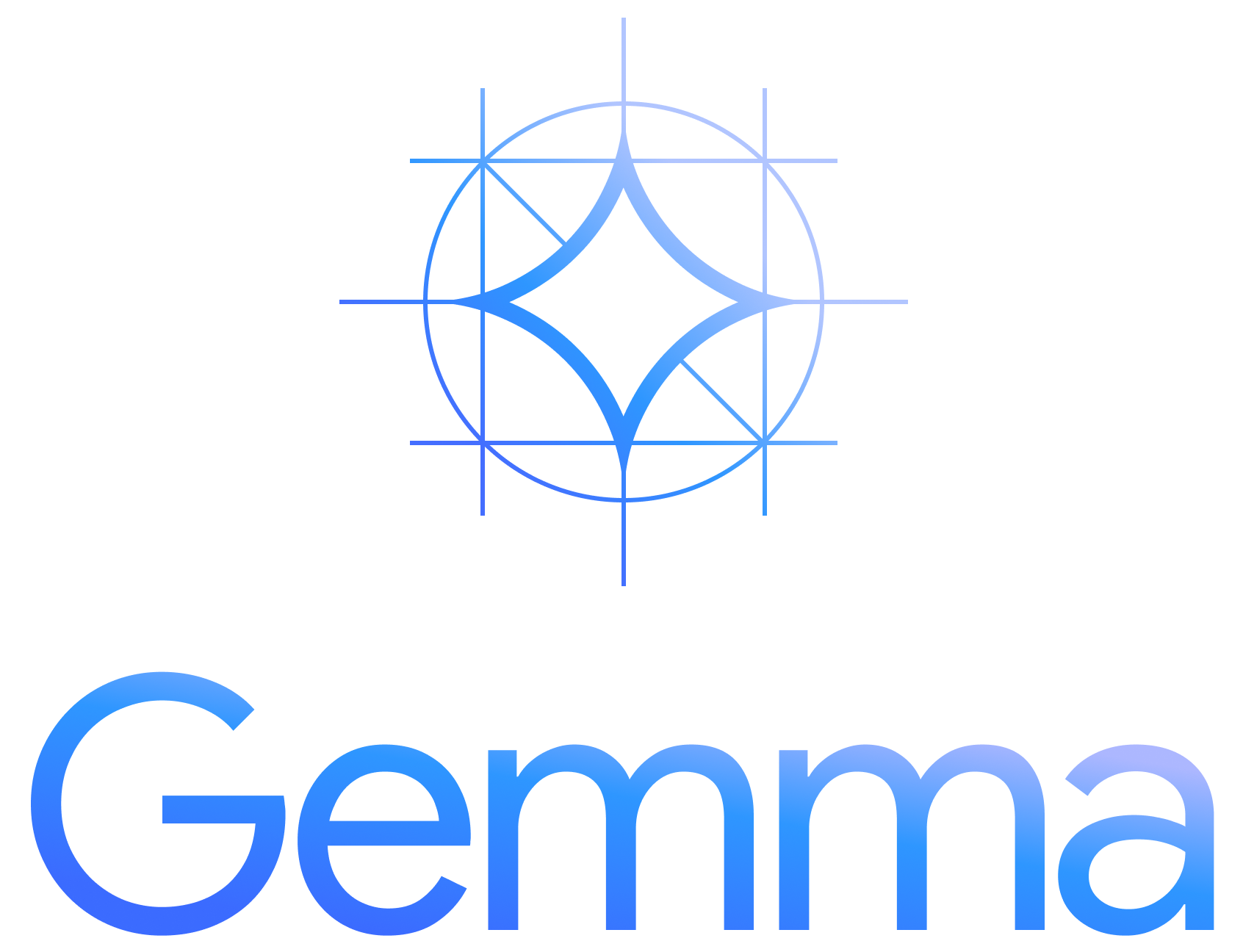import gradio as gr
import os
import spaces
from transformers import GemmaTokenizer, AutoModelForCausalLM
# Set an environment variable
HF_TOKEN = os.environ.get("HF_TOKEN", None)
# Load the tokenizer and model
tokenizer = GemmaTokenizer.from_pretrained("google/codegemma-7b-it")
model = AutoModelForCausalLM.from_pretrained("google/codegemma-7b-it", device_map="auto")
@spaces.GPU(duration=120)
def codegemma(message: str, history: list, temperature: float, max_new_tokens: int) -> str:
"""
Generate a response using the CodeGemma model.
Args:
message (str): The input message.
history (list): The conversation history used by ChatInterface.
temperature (float): The temperature for generating the response.
max_new_tokens (int): The maximum number of new tokens to generate.
Returns:
str: The generated response.
"""
input_ids = tokenizer(message, return_tensors="pt").to("cuda:0")
outputs = model.generate(
**input_ids,
temperature=temperature,
max_new_tokens=max_new_tokens,
)
response = tokenizer.decode(outputs[0])
return response
placeholder = """
 CodeGemma-7B-IT
"""
# Gradio block
chatbot=gr.Chatbot(placeholder=placeholder,)
with gr.Blocks(fill_height=True) as demo:
gr.Markdown("# CODEGEMMA-7b-IT")
gr.ChatInterface(codegemma,
examples=[["Write a Python function to calculate the nth fibonacci number."]],
fill_height=True,
additional_inputs_accordion=gr.Accordion(label="⚙️ Parameters", open=False, render=False),
additional_inputs=[
gr.Slider(0, 1, 0.95, label="Temperature", render=False),
gr.Slider(128, 4096, 512, label="Max new tokens", render=False ),
],
)
if __name__ == "__main__":
demo.launch(debug=False)
CodeGemma-7B-IT
"""
# Gradio block
chatbot=gr.Chatbot(placeholder=placeholder,)
with gr.Blocks(fill_height=True) as demo:
gr.Markdown("# CODEGEMMA-7b-IT")
gr.ChatInterface(codegemma,
examples=[["Write a Python function to calculate the nth fibonacci number."]],
fill_height=True,
additional_inputs_accordion=gr.Accordion(label="⚙️ Parameters", open=False, render=False),
additional_inputs=[
gr.Slider(0, 1, 0.95, label="Temperature", render=False),
gr.Slider(128, 4096, 512, label="Max new tokens", render=False ),
],
)
if __name__ == "__main__":
demo.launch(debug=False) CodeGemma-7B-IT
"""
# Gradio block
chatbot=gr.Chatbot(placeholder=placeholder,)
with gr.Blocks(fill_height=True) as demo:
gr.Markdown("# CODEGEMMA-7b-IT")
gr.ChatInterface(codegemma,
examples=[["Write a Python function to calculate the nth fibonacci number."]],
fill_height=True,
additional_inputs_accordion=gr.Accordion(label="⚙️ Parameters", open=False, render=False),
additional_inputs=[
gr.Slider(0, 1, 0.95, label="Temperature", render=False),
gr.Slider(128, 4096, 512, label="Max new tokens", render=False ),
],
)
if __name__ == "__main__":
demo.launch(debug=False)
CodeGemma-7B-IT
"""
# Gradio block
chatbot=gr.Chatbot(placeholder=placeholder,)
with gr.Blocks(fill_height=True) as demo:
gr.Markdown("# CODEGEMMA-7b-IT")
gr.ChatInterface(codegemma,
examples=[["Write a Python function to calculate the nth fibonacci number."]],
fill_height=True,
additional_inputs_accordion=gr.Accordion(label="⚙️ Parameters", open=False, render=False),
additional_inputs=[
gr.Slider(0, 1, 0.95, label="Temperature", render=False),
gr.Slider(128, 4096, 512, label="Max new tokens", render=False ),
],
)
if __name__ == "__main__":
demo.launch(debug=False)